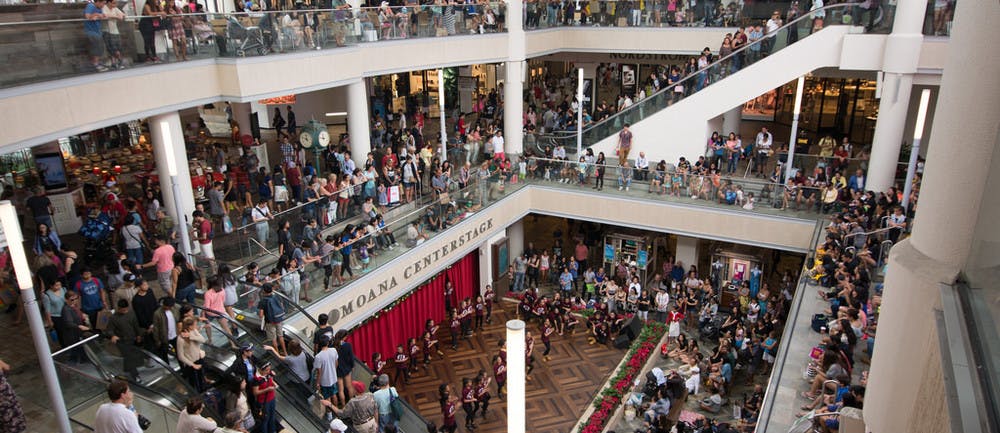In this article we wrap up the latest e-commerce news and stats from Black Friday in the UK. Was it good news for retailers?
Sales up from 2016 figures
Data collected from UK retailers on Black Friday shows a rise in online sales, with overall sales up from 2016 figures.
Multiple leading news sources reported that while high street store sales were down on the previous year, Black Friday online sales enjoyed significant growth.
While it was reported that this year’s Black Friday shopping bonanza started off slowly with fewer shoppers out on the high street and a dip in website visitors – traffic built through the day with Barclaycard estimating a 7 - 8% increase in spending compared with last year.
The Guardian reported that John Lewis had its busiest ever single hour of website sales on Black Friday, making it one of the retailer's most successful days ever.
Black Friday sales spread throughout the week
The Guardian also claimed in a separate article that Black Friday sales would be spread throughout the week with less big bargains available compared with previous years, due to retailers rising costs.
Electrical products which typically take the main focus of discounts Friday, and fashion sales were likely to be most affected due to inflation and increasing cost pressures.
Despite that, it was expected that shoppers would splash a cool £10.1bn during the Black Friday week, with more retailers taking part in the 2017 event than ever before.
Lidl were one of the newcomers while Tesco increased its activity from previous years and opened at 1am for bargain hunters.
Another aspect supporting the online growth in Black Friday sales is the heavy investment made by retailers in computer environments after 1 in 5 websites crashed due to heavy traffic in 2015.
Retail stores languish
Bloomberg reported interesting stats on the traffic at physical retail stores, which it said were 3.6% down from 2016. The gains were driven by online shopping, with Web sales up 6 percent, according to e-commerce researcher PCA Predict.
A less scientific measurement of falling physical store interest on Black Friday perhaps was that no signs of the scuffles that occurred over recent years as shoppers tried to grab discounted items such as TVs.
The rise in year-on-year Black Friday sales show British consumers are still happy to buy when the price point suits them, despite interest rate rises and Brexit stunting economic growth.
According to Bloomberg the shift to more online spending on Black Friday had been deliberately cultivated by retailers. Retail brands have been reducing promotion and appeal of in-store deals and emphasising online deals with emails and ads.





